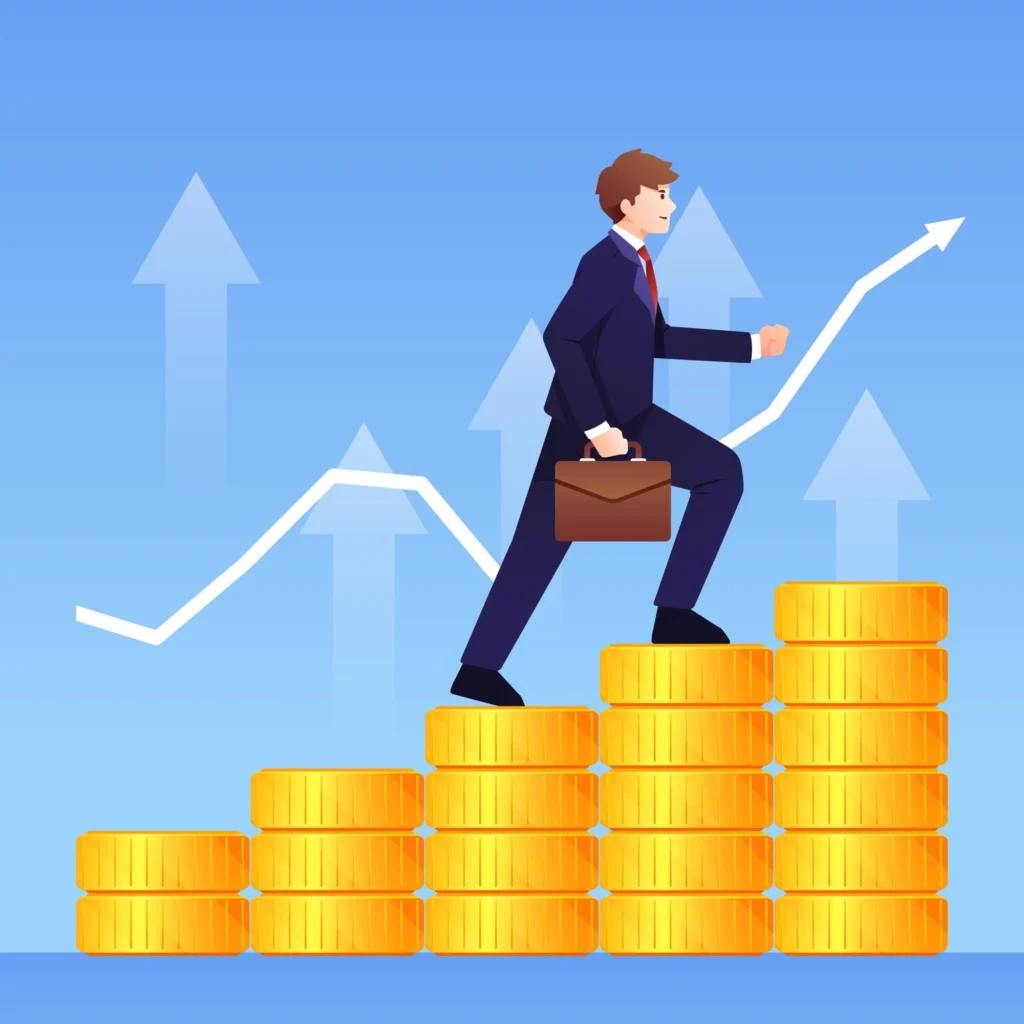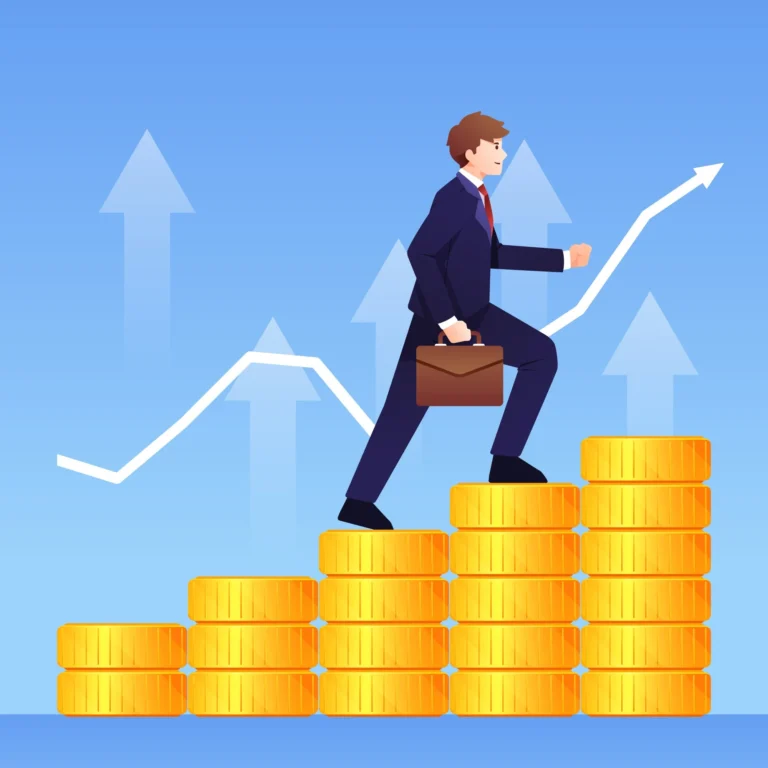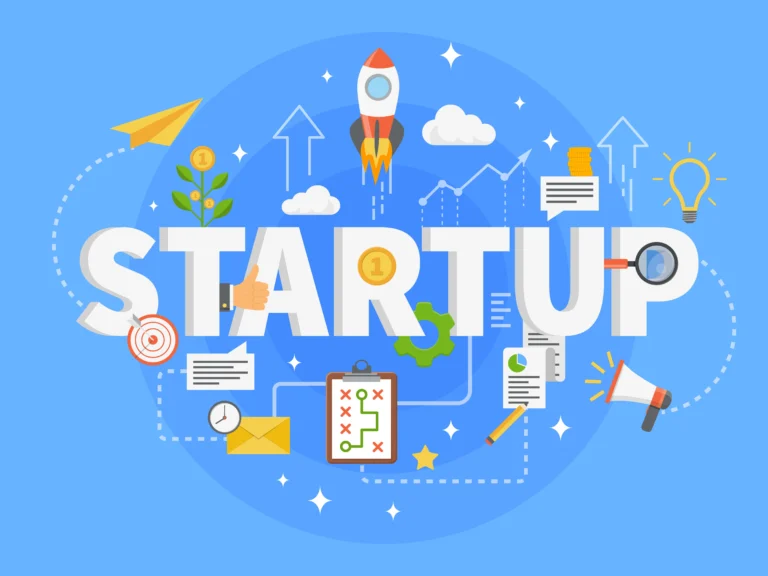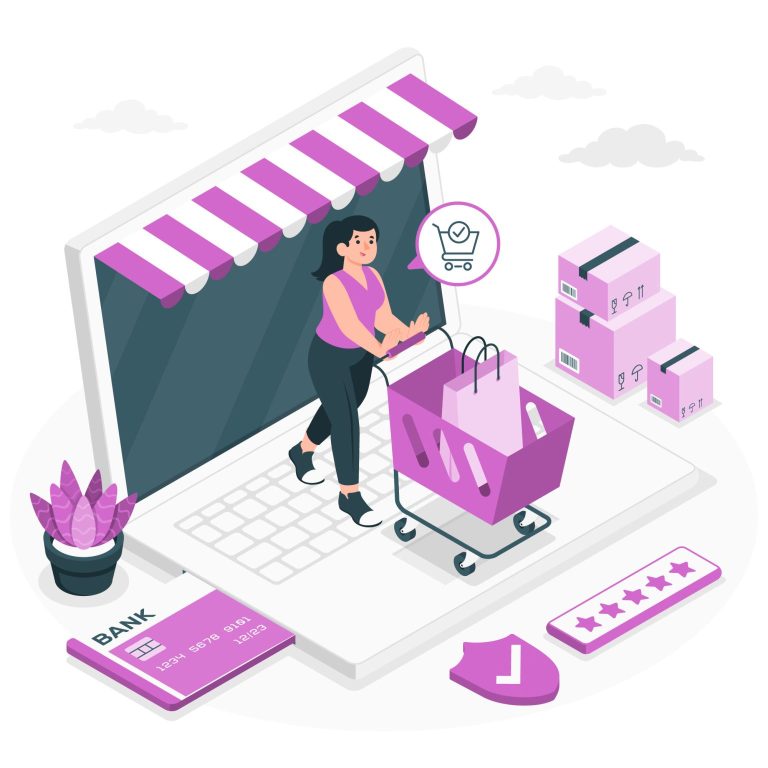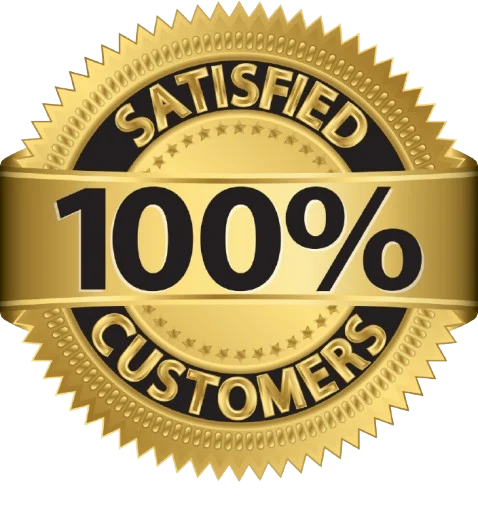In the dynamic world of startups, every dollar spent is scrutinized. It’s easy to view a professional website as a significant expense, something that can be put off until “later.” But here’s the truth: your website isn’t an expenditure; it’s perhaps the most critical strategic investment your startup can make.
The question isn’t, “Can we afford a great website?” It’s, “Can we afford not to have one?”
Understanding the Return on Investment (ROI) of a professional web presence is essential for sustainable growth. Let’s break down exactly where that ROI comes from and why cutting corners on your digital storefront costs you more in the long run.
1. Your Credibility Engine Works 24/7
For a startup, trust is your scarcest resource. Before anyone commits their time, money, or belief to your product, they look for validation.
- The First Impression: Over 90% of a user’s first impression of your company is design-related. A clunky, slow, or outdated site screams “unprofessional” and erodes confidence instantly.
- Investor Confidence: Investors and partners use your website as a key metric for your seriousness and market readiness. A polished site shows you take your brand seriously.
- The ROI: Investing in design and functionality means you convert a higher percentage of initial visitors into qualified leads or sales opportunities because you’ve cleared the trust hurdle.
2. The Conversion Machine: Leads While You Sleep
A professional website is more than a brochure; it’s a tireless employee dedicated to lead generation and sales.
- Clear CTAs (Calls-to-Action): A well-designed site guides users directly to the action you want them to take, whether that’s signing up for a demo, downloading an eBook, or making a purchase. Vague buttons or confusing layouts lead to lost conversions.
- Optimized User Experience (UX): A fast, intuitive, and mobile-responsive site reduces friction. The less effort a user has to exert to find information or complete a transaction, the higher your conversion rate will be.
- The ROI: Every point increase in your conversion rate (e.g., from 1% to 2%) directly doubles the value of all your marketing spend (ads, content, social media). This is arguably the highest-leverage ROI factor.
3. Reduced Customer Acquisition Costs (CAC) via SEO
Marketing costs can quickly bleed a startup dry. A professional website is the foundation for low-cost, high-value organic traffic through Search Engine Optimization (SEO).
- Technical SEO: A professionally built site includes clean code, fast loading speeds, and proper structure—all critical ranking factors for Google. DIY builders often lack this technical foundation.
- Content Strategy: A professional site is built to house and organize high-quality content that answers your customers’ questions. This draws in users who are already searching for a solution you provide.
- The ROI: Organic traffic is essentially free traffic. The better your website’s SEO, the less you have to rely on expensive paid advertising (like Google Ads or social ads) to find customers, directly lowering your CAC.
4. Data-Driven Decisions
A solid website architecture is built with analytics in mind.
- Tracking and Reporting: Professional setup ensures tools like Google Analytics are correctly installed and tracking crucial user behavior: where people drop off, what content they read, and which channels bring the best traffic.
- Iterative Improvement: You can’t improve what you don’t measure. The data generated by a quality website allows you to make informed decisions instead of guessing, constantly improving your marketing effectiveness.
- The ROI: By identifying bottlenecks and high-performing areas, you can strategically allocate resources, eliminating ineffective marketing efforts and focusing only on what truly drives revenue.
The Bottom Line: Stop Paying the “Amateur Tax”
The true cost of a cheap or DIY website isn’t the small amount you saved upfront; it’s the lost opportunity—the customers who left, the investors who passed, and the marketing dollars that were wasted on a leaky funnel.
A professional website is a tool designed to increase conversions, build trust, and lower your long-term customer acquisition cost.
For any startup serious about scaling, treating your website as a core business asset—and investing in it appropriately—is the clearest path to realizing significant and sustainable ROI.
